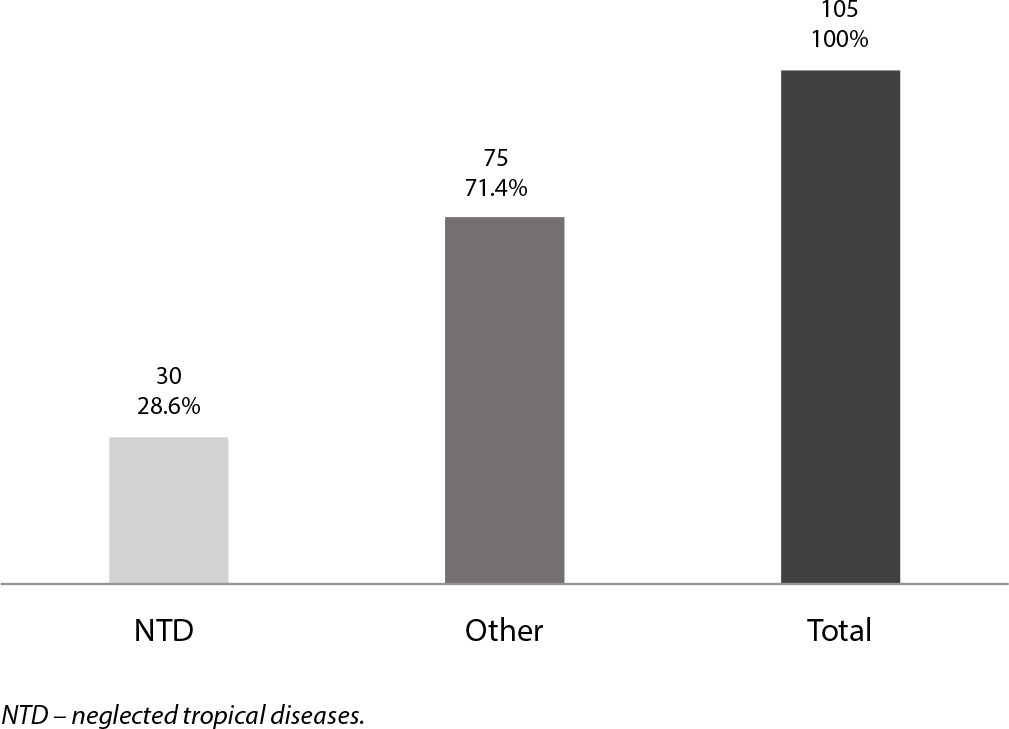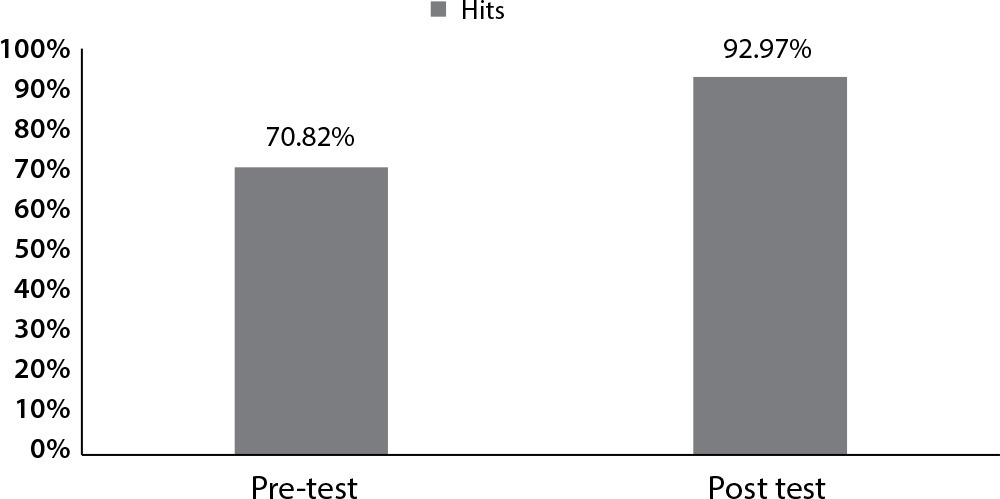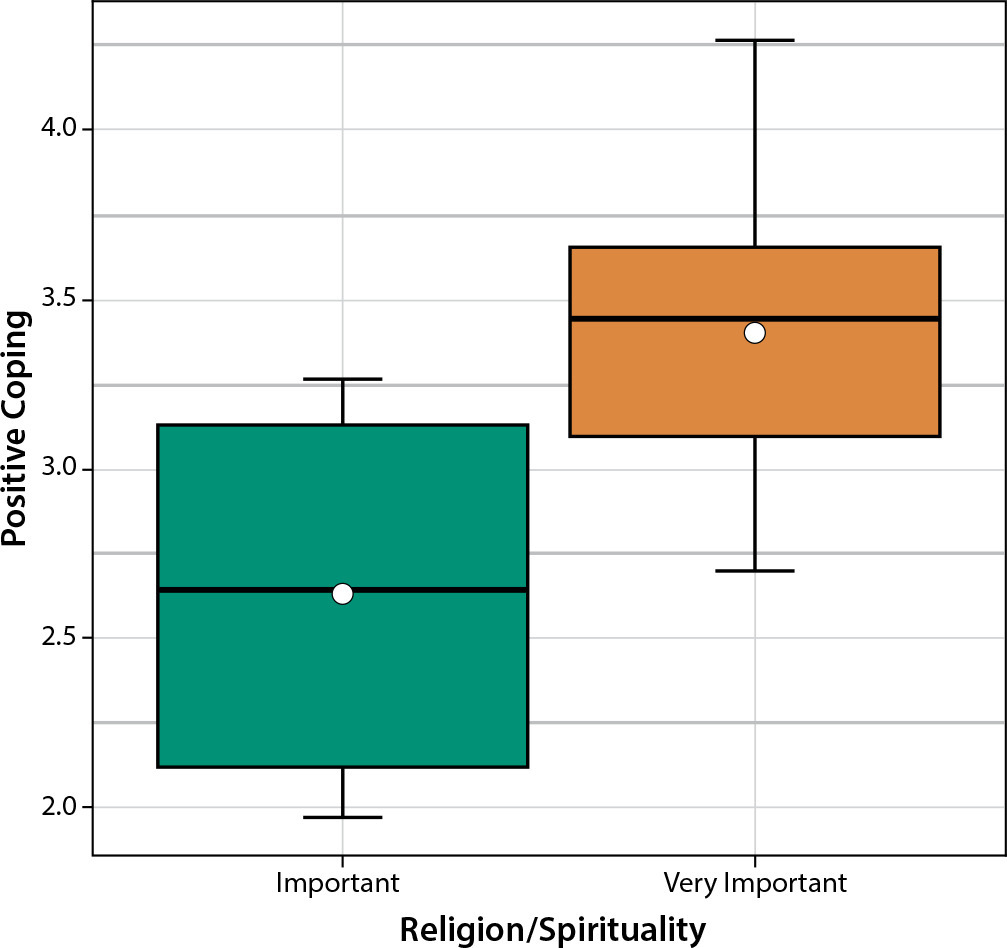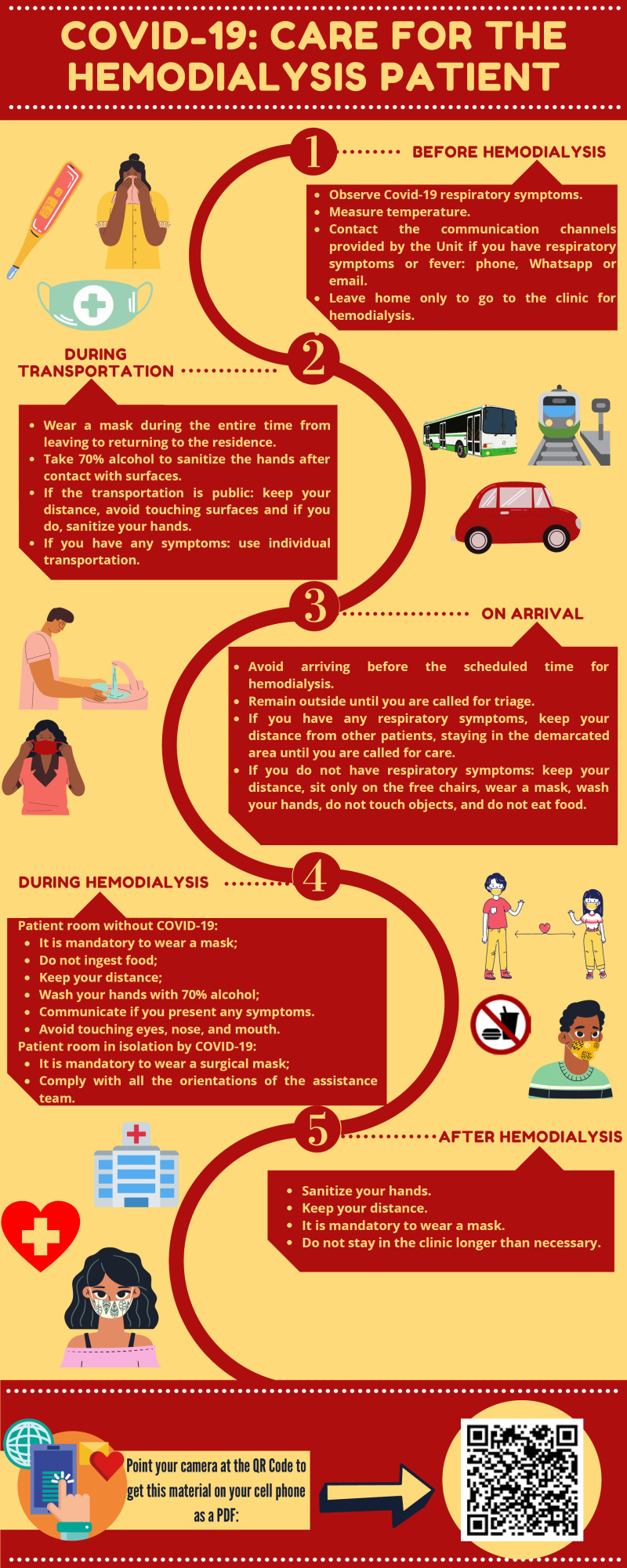-
ORIGINAL ARTICLE11-11-2022
Analysis of midwives’ situation and the need to measure their workloads
Revista Brasileira de Enfermagem. 2022;75:e20210920
Abstract
ORIGINAL ARTICLEAnalysis of midwives’ situation and the need to measure their workloads
Revista Brasileira de Enfermagem. 2022;75:e20210920
DOI 10.1590/0034-7167-2021-0920
Views0See moreABSTRACT
Objective:
to analyze midwives’ employment situation of midwives and detect their workload measurement needs.
Methods:
a mixed methodology (quantitative and qualitative), observational, descriptive and cross-sectional study. Two phases were carried out. The first methodological phase consisted of conducting semi-structured individual interviews. The second methodological phase analyzed the Nursing Intervention Classification (NIC) interventions that midwives perform in the labor room during daily practice.
Results:
90.3% of midwives have work overload, since for 80.6% the midwife-pregnant mother ratio is not well established, since the mean execution time of a Nursing Intervention Classification (NIC) intervention is 20 minutes. For this reason, 100% of the sample considers the development of workload measurement tools to be highly useful.
Conclusions:
the need to generate an instrument that considers the diversity of Nursing Intervention Classification (NIC) interventions that develop within the labor room is ratified.
-
ORIGINAL ARTICLE11-10-2022
Nursing care for the Amazon population: knowledge production and human resource development
Revista Brasileira de Enfermagem. 2022;75:e20201084
Abstract
ORIGINAL ARTICLENursing care for the Amazon population: knowledge production and human resource development
Revista Brasileira de Enfermagem. 2022;75:e20201084
DOI 10.1590/0034-7167-2020-1084
Views0See moreABSTRACT
Objectives:
to analyze knowledge production adherence from a master’s course in nursing in the Amazon to care and health demands in the region, with an emphasis on neglected tropical diseases and traditional populations in the Amazon.
Methods:
a descriptive study, with a quantitative approach and documentary basis, analyzing dissertations defended in a Graduate Program in Nursing at the Universidade do Estado do Pará in association with the Universidade Federal do Amazonas, from 2012-2019. A descriptive statistical analysis was performed.
Results:
of the 105 dissertations analyzed, 30 (28.6%) were related to neglected tropical diseases. Of these, 11 (10.5%) dealt with Chagas disease, leishmaniasis, tuberculosis, malaria, and leprosy. Traditional populations in the Amazon participated in only 11 (10.5%) studies.
Conclusions:
knowledge production in a master’s course has adherence to care and health demands in the region; however, it needs to enhance its production to strengthen its identity.

-
ORIGINAL ARTICLE11-10-2022
Content validation to support the monitoring of disclosure of HIV diagnosis in childhood
Revista Brasileira de Enfermagem. 2022;75:e20210027
Abstract
ORIGINAL ARTICLEContent validation to support the monitoring of disclosure of HIV diagnosis in childhood
Revista Brasileira de Enfermagem. 2022;75:e20210027
DOI 10.1590/0034-7167-2021-0027
Views0See moreABSTRACT
Objectives:
to create and validate the content of a guide for monitoring the communication of the HIV diagnosis in childhood.
Methods:
methodological study, with a design guided by the Knowledge-to-Action (KTA) Framework, supported by a participatory approach. The guide’s content was structured according to the communication elements proposed by Lasswel from review studies.
Results:
the content was validated by 26 experts from nursing, medicine, psychology and pedagogy, using a Likert-type scale for relevance, clarity and precision. Data collection took place online and achieved a Content Validity Index of 0.94.
Conclusions:
the guide can contribute to the practice of professionals who care for children living with HIV, to support the family in communication and to the child’s right to know their diagnosis. For further research, it is recommended to create and validate the face of the technology in order to implement it.

-
ORIGINAL ARTICLE11-10-2022
Healthcare: action research with trans people living on the streets
Revista Brasileira de Enfermagem. 2022;75:e20210016
Abstract
ORIGINAL ARTICLEHealthcare: action research with trans people living on the streets
Revista Brasileira de Enfermagem. 2022;75:e20210016
DOI 10.1590/0034-7167-2021-0016
Views0See moreABSTRACT
Objectives:
to analyze the representations of healthcare provided to trans people living on the streets.
Methods:
ten women (three trans) and three cisgender men participated in this action research. Popular health education groups, focus groups, seminars and interviews were held, the data of which were organized in the software Nvivo®, submitted to content analysis and interpreted in the light of intersectionality theory.
Results:
healthcare was represented by the technical, relational, structural and citizenship dimensions. The relationship between gender and poverty determines the specific health needs of trans people living on the streets.
Final Considerations:
the need to expand conceptions and practices on healthcare to meet the specific health needs of trans people living on the streets was evidenced. Nursing, with competence and cultural sensitivity, can contribute to positive health outcomes and, consequently, break with the logic of exclusion, illness and poverty.
-
ORIGINAL ARTICLE11-10-2022
Effect of educational video on newborn care for the knowledge of pregnant and postpartum women and their families
Revista Brasileira de Enfermagem. 2022;75:e20201371
Abstract
ORIGINAL ARTICLEEffect of educational video on newborn care for the knowledge of pregnant and postpartum women and their families
Revista Brasileira de Enfermagem. 2022;75:e20201371
DOI 10.1590/0034-7167-2020-1371
Views0See moreABSTRACT
Objectives:
to evaluate the effect of educational video on newborn care to increase the knowledge of pregnant, postpartum, and family members.
Methods:
a quasi-experimental study, with pre-intervention and post-intervention evaluation with a single group. Fifty-eight pregnant, postpartum, and family members treated in basic health units and a hospital in Ceará, Brazil, participated. The study used the McNemar and binomial tests for the analysis.
Results:
after the intervention, there was an increase in the frequency of hits, from 70.82% to 92.97%. Most of the questions presented a significant increase of hits (p < 0.05) with an emphasis on sleeping position, drying of clothes, free demand for breastfeeding, and things to avoid (such as accessories in the sleeping place and talc in diaper change).
Conclusions:
the educational video was effective to participants in acquiring knowledge on the care of newborns and can assist in health education activities carried out by nurses.

-
ORIGINAL ARTICLE11-10-2022
Home care for children with gastrostomy
Revista Brasileira de Enfermagem. 2022;75:e20200699
Abstract
ORIGINAL ARTICLEHome care for children with gastrostomy
Revista Brasileira de Enfermagem. 2022;75:e20200699
DOI 10.1590/0034-7167-2020-0699
Views0See moreABSTRACT
Objectives:
to describe home care practices performed by family members for maintaining the life of children with gastrostomy.
Methods:
qualitative research using the Sensitive Creative method, with the Criatividade e Sensibilidade Corpo Saber [Corpo Saber Creativity and Sensitivity] dynamics. The participation included ten family caregivers of children with gastrostomy. The outpatient clinic of a federal hospital in Rio de Janeiro was the setting. Lexical analysis was used through the IRaMuTeQ® software.
Results:
Theme 1, entitled “The care for maintaining life performed by family members of children with gastrostomy at home”, was analyzed, comprising three classes: “The gastrostomy tube home care routine”; “The care with the gastrostomy/stoma”; and “Food and medication home care routine of children with gastrostomy”.
Final Considerations:
family caregivers used strategies to maintain the device and acquired new knowledge in this field, and in nursing competence, regarding stoma care, food administration, medication, and syringes.

-
ORIGINAL ARTICLE11-10-2022
Religious/spiritual coping in informal caregivers of children with cleft lip and/or dysphagic palate
Revista Brasileira de Enfermagem. 2022;75:e20201300
Abstract
ORIGINAL ARTICLEReligious/spiritual coping in informal caregivers of children with cleft lip and/or dysphagic palate
Revista Brasileira de Enfermagem. 2022;75:e20201300
DOI 10.1590/0034-7167-2020-1300
Views0See moreABSTRACT
Objectives:
to identify the use of religious/spiritual coping in informal caregivers of children with cleft lip and/or palate, dysphagic, powered exclusively by probe.
Methods:
descriptive and cross-sectional study, including 30 informal caregivers. For data collection, a Sociodemographic Questionnaire and the Brief Religious/Spiritual Coping Scale were used. For statistical analysis, ANOVA, Student’s t and Spearman’s correlation tests were used, with a significance level of 5%.
Results:
the use of religious/spiritual coping was high among participants (mean=3.71), with a predominance of positive (mean=3.30) compared to negative (mean=1.88). It was evident that the greater the reported importance of religiosity/spirituality in the participants’ lives, the greater the positive coping (p=0.001).
Conclusions:
informal caregivers used positive religious/spiritual coping as a way of coping with care demands related to the child’s health condition. These findings point to the importance of including spirituality/religiosity as health indicators.

-
ERRATUM11-08-2022
ERRATUM
Revista Brasileira de Enfermagem. 2022;75(1):e2022n1e02
Abstract
ERRATUMERRATUM
Revista Brasileira de Enfermagem. 2022;75(1):e2022n1e02
DOI 10.1590/0034-7167.20227501e02
Views0Article “Hemodialysis in the context of COVID-19: care, nursing protagonism and quality”, with number of DOI: https://doi.org/10.1590/0034-7167-2020-1077, published in the journal Revista Brasileira de Enfermagem, 75(Suppl 1): e20201077, on the front page:Figures 4 and 5 are in reverse order.[…]See more
Search
Search in:
Nuvem de Tags
Enfermagem (930)Cuidados de Enfermagem (269)Atenção Primária à Saúde (239)Idoso (208)Educação em Enfermagem (151)Segurança do Paciente (150)Saúde Mental (145)Educação em Saúde (139)Estudos de Validação (131)Qualidade de Vida (104)Tecnologia Educacional (100)Promoção da Saúde (99)COVID-19 (91)Criança (91)Família (87)Enfermagem Pediátrica (86)Saúde do Trabalhador (86)Adolescente (85)Saúde Pública (82)Estudantes de Enfermagem (77)







